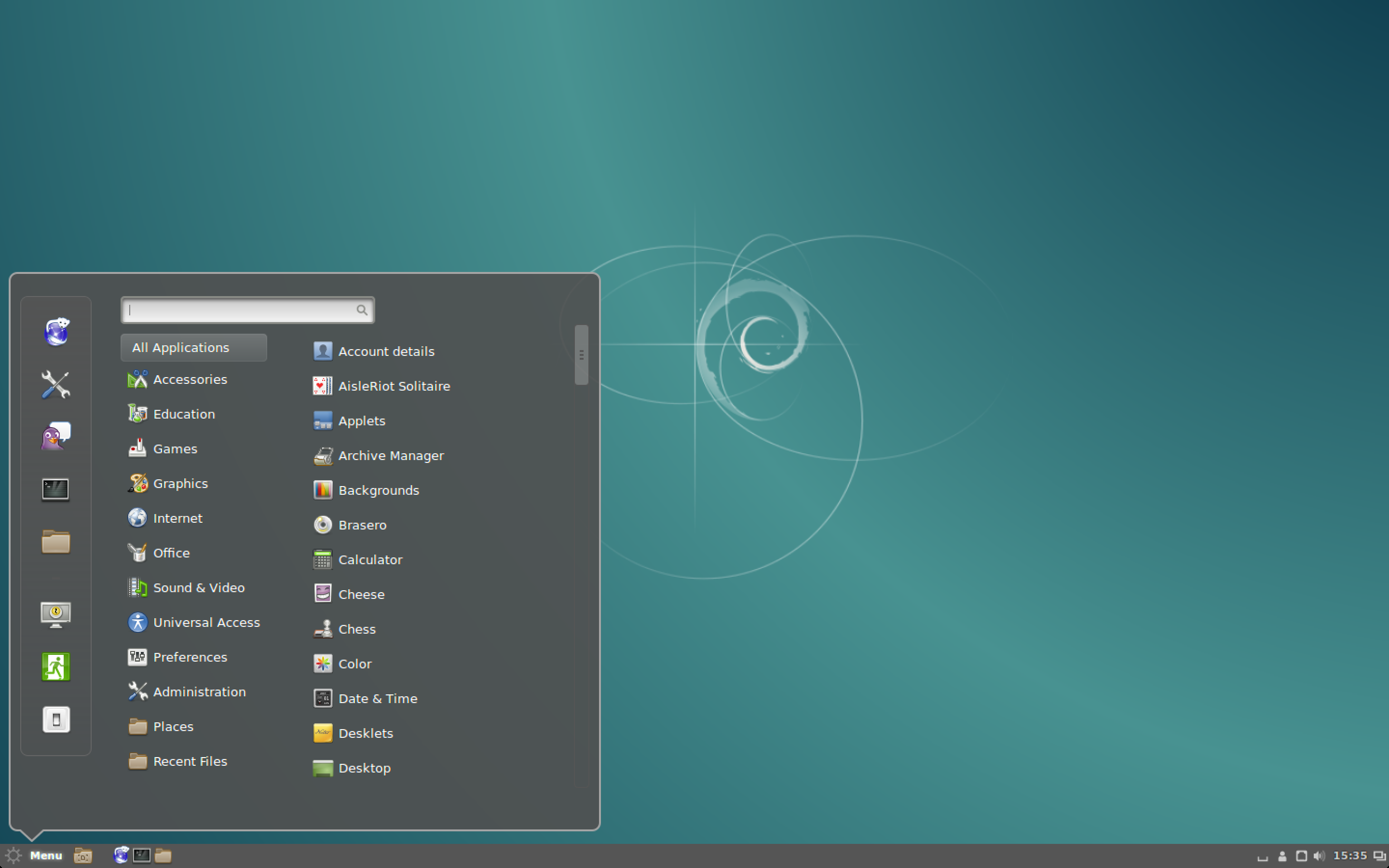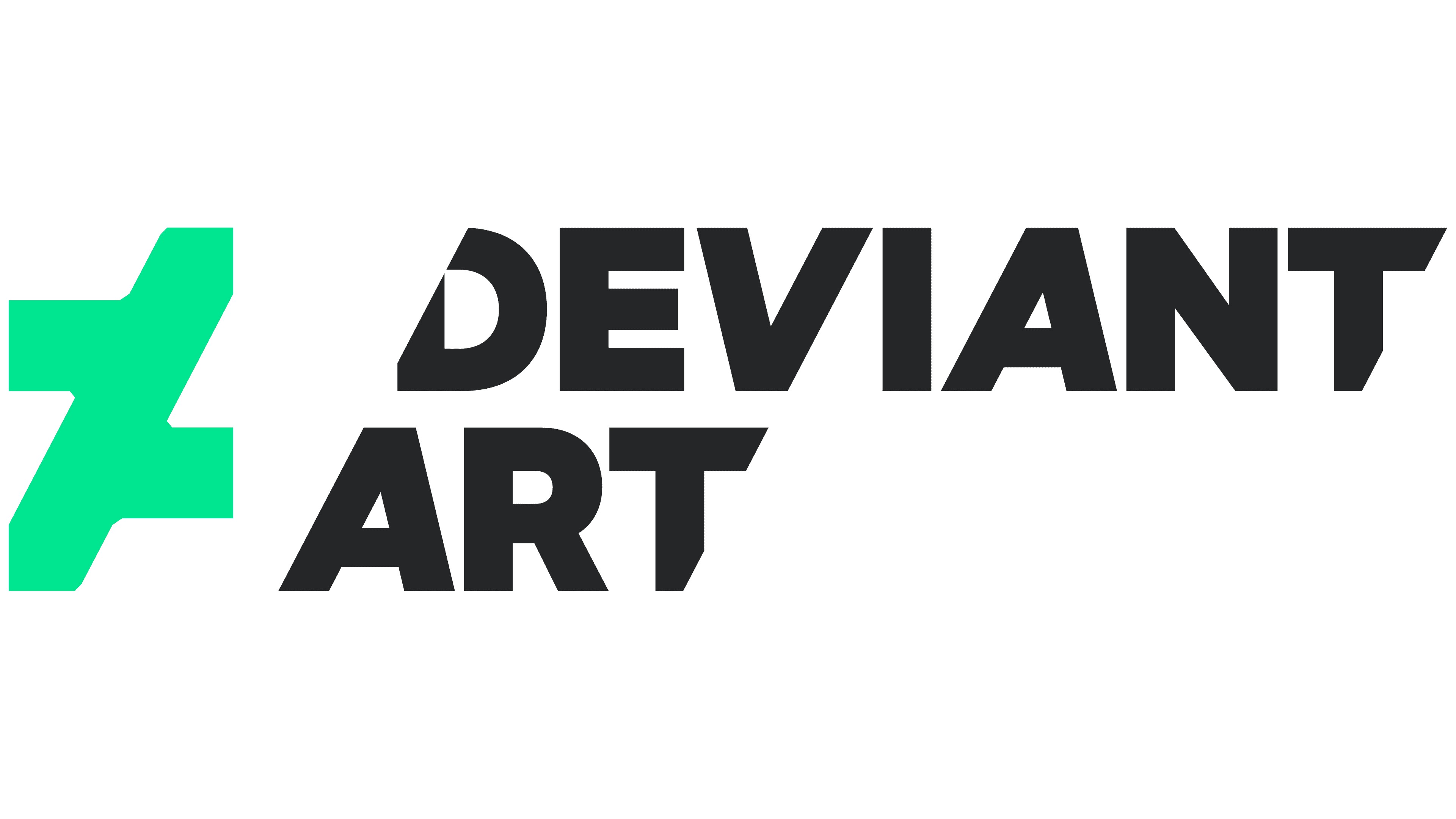Ever wondered what the term "devian" truly means? It’s a word that holds depth, intrigue, and layers of complexity. In today’s world, where norms are constantly evolving, understanding "devian" is more important than ever. Whether you’re diving into its linguistic roots or exploring its cultural significance, this article will break it down for you in a way that’s easy to grasp yet packed with insights.
So, why are we talking about "devian" today? Well, it’s not just another buzzword. It represents ideas, behaviors, and perspectives that challenge the status quo. Whether you’re here because of academic interest, personal curiosity, or professional relevance, this guide has got you covered. Stick around, and let’s dive in!
Before we go any further, let’s clarify something important. "Devian" might sound unfamiliar to some, but its impact on society, psychology, and even art is undeniable. By the end of this article, you’ll have a clearer picture of what it means, how it’s used, and why it matters. So, grab your favorite drink, and let’s get started!
Read also:Crazyjamjam Fanfic Free Your Ultimate Destination For Exciting Reads
What Exactly is Devian?
Let’s kick things off by defining the term. At its core, "devian" refers to behaviors, ideas, or expressions that deviate from societal norms or conventional standards. But wait—don’t confuse it with "deviant," which often carries a negative connotation. "Devian" can be neutral, positive, or even celebrated in certain contexts. Think of it as a spectrum where creativity, rebellion, and innovation live side by side.
For instance, in the world of art, a painter who chooses abstract forms over realism might be considered a "devian." In music, genres like punk rock or experimental electronic beats challenge traditional structures, making them "devian" in their own right. And in literature, authors who break grammatical rules or narrative conventions add richness to storytelling—all thanks to their "devian" approach.
Here’s a fun fact: the term "devian" is closely linked to the concept of diversity. Societies that embrace "devian" tendencies tend to foster innovation, tolerance, and growth. So, next time you hear someone called a "devian," remember—it’s not always a bad thing!
Origins of the Term Devian
Where did "devian" come from? Linguistically speaking, it’s derived from the Latin word "deviare," meaning "to turn aside." Over time, the term evolved to describe anything that strays from the norm. Interestingly, its usage has shifted depending on cultural, historical, and social contexts.
In the early 20th century, "devian" was often associated with criminal behavior or social misconduct. However, as societies became more accepting of individuality, the term took on a broader meaning. Today, it encompasses everything from avant-garde fashion to unconventional lifestyles.
Why Does Devian Matter?
In a world that thrives on conformity, "devian" acts as a counterbalance. It reminds us that diversity is essential for progress. Without "devian" thinkers, we wouldn’t have groundbreaking inventions, revolutionary art, or transformative social movements.
Read also:Rob Dyrdek Parents The Untold Story Behind The Skaters Family Roots
Take the tech industry, for example. Companies like Apple and Tesla didn’t achieve success by sticking to traditional methods. They embraced "devian" approaches, challenging established norms and redefining industries. Similarly, in the realm of science, researchers who question established theories often lead to the most significant discoveries.
But here’s the catch: being a "devian" isn’t always easy. It requires courage, resilience, and a willingness to face criticism. Yet, the rewards—both personal and societal—are immense. By celebrating "devian" traits, we create a world that’s richer, more inclusive, and infinitely more interesting.
Devian in Pop Culture
Pop culture is a goldmine for "devian" examples. From movies like "Fight Club" to TV shows like "Black Mirror," we see characters who defy societal expectations and push boundaries. These narratives resonate with audiences because they reflect our own struggles with identity and conformity.
Music is another domain where "devian" flourishes. Artists like David Bowie, Lady Gaga, and Kendrick Lamar have built entire careers on embracing their uniqueness. Their work challenges listeners to rethink what’s possible, inspiring countless others to do the same.
The Psychology Behind Devian Behavior
Why do people exhibit "devian" behavior? Psychologists suggest several factors, including personality traits, environmental influences, and societal pressures. Some individuals are naturally inclined toward nonconformity, while others may adopt "devian" tendencies as a form of rebellion or self-expression.
Research shows that "devian" behavior isn’t inherently negative. In fact, many "devians" contribute positively to their communities by bringing fresh perspectives and innovative ideas. However, it’s crucial to recognize the potential risks, such as alienation or conflict with authority figures.
For parents, educators, and mentors, understanding the psychology behind "devian" behavior can help foster healthier relationships. Instead of labeling someone as "wrong" or "bad," it’s more productive to explore the underlying motivations and provide constructive support.
Types of Devian Behavior
Not all "devian" behavior is created equal. Here are a few categories to consider:
- Positive Devian: Actions that challenge norms in a way that benefits society, such as inventors, activists, or artists.
- Neutral Devian: Behaviors that don’t harm others but differ from the norm, like unconventional fashion choices or unique hobbies.
- Negative Devian: Actions that violate laws, ethics, or social norms, potentially causing harm to individuals or communities.
Recognizing these distinctions is key to understanding the broader implications of "devian" behavior. It also highlights the importance of context—what’s considered "devian" in one culture may be perfectly acceptable in another.
Devian in the Workplace
In professional settings, "devian" employees can be both a blessing and a challenge. On one hand, they bring fresh ideas and creative solutions to the table. On the other, their unconventional approaches may clash with established protocols.
Managers who embrace "devian" traits often see better results. By fostering an inclusive environment that values diversity, they encourage innovation and collaboration. For example, companies that implement flexible work policies or allow employees to experiment with new ideas tend to outperform those that prioritize rigid structures.
However, it’s important to strike a balance. While "devian" behavior can drive progress, it must align with the organization’s goals and values. Encouraging open communication and setting clear expectations can help ensure that "devian" tendencies enhance productivity rather than disrupt it.
Managing Devian Employees
So, how do you manage "devian" employees effectively? Here are a few tips:
- Encourage creative problem-solving by providing resources and support.
- Set boundaries to ensure "devian" behavior doesn’t disrupt team dynamics.
- Recognize and reward contributions that align with organizational objectives.
- Foster a culture of respect and empathy, where differences are celebrated.
By implementing these strategies, managers can harness the power of "devian" employees while maintaining a harmonious work environment.
Devian in Education
The education system plays a critical role in shaping perceptions of "devian." Traditional methods often prioritize conformity, which can stifle creativity and individuality. However, progressive educators are increasingly recognizing the value of "devian" thinking.
Schools that incorporate project-based learning, interdisciplinary studies, and real-world applications give students the freedom to explore their unique talents. This approach not only prepares them for future challenges but also instills a lifelong love of learning.
Parents can support this shift by encouraging curiosity, questioning authority, and celebrating their children’s differences. By doing so, they help cultivate a generation of confident, innovative thinkers who aren’t afraid to challenge the status quo.
The Role of Technology in Promoting Devian
Technology has revolutionized the way we learn and interact, creating opportunities for "devian" expression. Online platforms, social media, and digital tools allow individuals to share their ideas, collaborate with others, and reach global audiences.
For educators, integrating technology into the classroom can enhance engagement and foster creativity. Tools like virtual reality, coding platforms, and multimedia software enable students to experiment with new concepts and develop skills that transcend traditional boundaries.
Devian and Mental Health
While "devian" behavior can be empowering, it can also take a toll on mental health. Individuals who feel misunderstood or marginalized may experience anxiety, depression, or low self-esteem. That’s why it’s crucial to create supportive environments where everyone feels valued and respected.
Mental health professionals play an important role in helping "devians" navigate these challenges. Through therapy, counseling, and community support, they can provide the tools and resources needed to thrive. Additionally, raising awareness about the benefits of "devian" traits can help reduce stigma and promote acceptance.
Building Resilience as a Devian
Here are some strategies for building resilience as a "devian":
- Embrace your uniqueness and celebrate your strengths.
- Seek out like-minded individuals who understand and support you.
- Practice self-care and prioritize your mental well-being.
- Stay informed about current trends and developments in your field.
By implementing these practices, "devians" can overcome obstacles and achieve their full potential.
Conclusion: Celebrating the Power of Devian
As we’ve explored throughout this article, "devian" is more than just a word—it’s a mindset, a movement, and a catalyst for change. Whether you’re an artist, entrepreneur, educator, or simply someone who values individuality, embracing "devian" traits can enrich your life and contribute to a better world.
So, what’s next? We invite you to share your thoughts, experiences, and insights in the comments below. Together, let’s continue the conversation and celebrate the power of "devian." And don’t forget to check out our other articles for more thought-provoking content!
Table of Contents
- What Exactly is Devian?
- Origins of the Term Devian
- Why Does Devian Matter?
- Devian in Pop Culture
- The Psychology Behind Devian Behavior
- Types of Devian Behavior
- Devian in the Workplace
- Managing Devian Employees
- Devian in Education
- The Role of Technology in Promoting Devian
- Devian and Mental Health
- Building Resilience as a Devian

